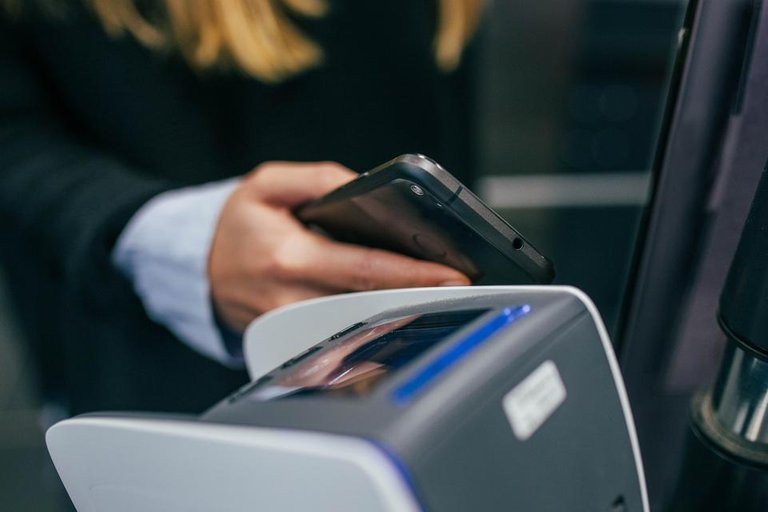Image source: unsplash.com
Securing your phone is a very important part of the ethics guarding the use of phones. You have to really be alert to the security of your phone in order to ensure that unauthorized accesses are denied. Having a strong security in place helps you to rely on the safety of your files and applications.
Personally as well, you have to see to it that you do not jeopardize your phone by opening it to viruses and other hazards.
Here are some tips to help you maintain your phone’s security
Lock your phone and back up regularly
To ensure that you are the only one, who is authorized to access files and applications, put a lock in place. The lock may be a pattern, password, voice recognition or even face recognition. There are various other types and the modification depends on your type of phone. You may also have to backup your security to ensure that your phone is at a very high magnitude of security.Install Applications from Play Store
To guarantee that the application you want to download is okay, it is very advisable to download through Play Store. Installing from other sources or via apk files opens the phone to risks.
Also, before downloading ensure you check the ratings and the user feedbacks to find out if there is any error or fault on the application.Be up to date
Users should ensure that their phone is running the latest version of the Android their phone supports. They should also make sure they check and install updates regularly. Most updates and security patches are meant to fix identified threats and vulnerabilities. A newer version of Android is most likely to have better security than the preceding one.Do not root your phone
Rooting generally involves getting your phone to run applications that requires access to your phone’s system settings. It voids warranty and exposes you to many threat and unsolicited functionalities. It’s a passport to make your phone vulnerable and malfunction easily. So, stick to the original settings of your phone to secure it.Install only the Applications you need
Installed Applications take up spaces in the memory of the phone, therefore it is quite advisable to install only the needed applications and uninstall the unused ones to save space on your phone for other purposes.Do not open links that do not look good
Be wary of websites with no http, they are likely not secured to visit. Also, do not enter personal details or any other sensitive information into an app or website. It’s the cheapest gateway to getting hacked. Websites asking for information on passwords should be avoided.Saving Passwords
When using third party browser, save your password only when there is assurance that it is safe to do so. Also do not be quick to disseminate information or hints about your accounts and passwords to people. It may get hacked easily with the pass word in the wrong hands.
